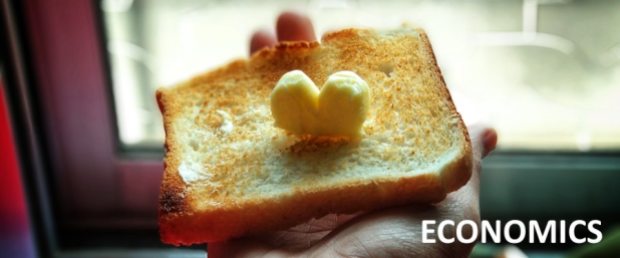
The market system likes to pretend the consumer is king and producers are just responding to market demand. It is usually an excuse to avoid the responsibility of building a better future. The market system constantly tries to get ahead by shaping demand, through advertising and influencers. The whole system of exchange of influence and money takes place within the market context and that’s enough to refute the claim that consumers reign sovereign.
And that means consumers needs to be more conscious of what stories they are taking in. And more than being passive receivers of goods and services, consumers have more chance than ever to shape them. Demand is usually decentralised but it can respond to so many things beyond price signals. The problem with our economic view of the market is that we only try to capture market power in the form of price-setting and ability to substitute (even this is not so well considered despite the crazy mathematical gymnastics required).
Sustainability cannot depend on corporates championing causes and trying to come up with new products and services. Consumers need to and can respond by requesting to reuse their bottles, avoiding products with too much packaging, reducing gifting of everyday items with expensive packaging.
The easiest criteria to default towards is convenience and costs but we can also think in terms of alignment of values and cost to the future. If we are able to adapt our demand to these dimensions, we can co-create a future we want to be part of.








